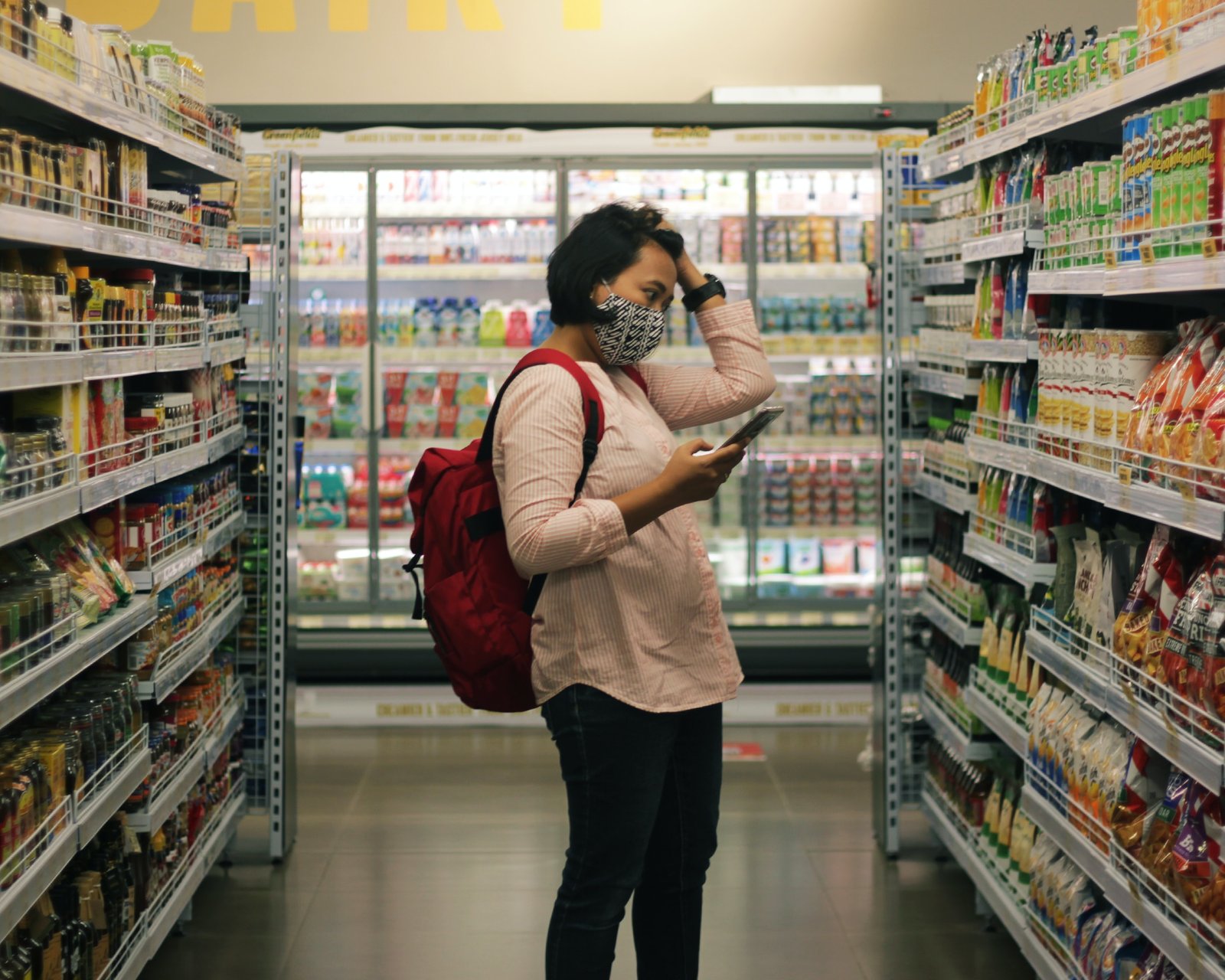
Study Reveals Self-Checkout Impacts Customer Loyalty Negatively Compared to Human Cashiers
As retailers have increasingly adopted self-checkout systems over the past decade, aiming for efficiency and speed in customer service, they’ve encountered a variety of challenges, from theft issues to scanning errors. However, a new dimension of complication emerges with the latest research indicating a potential decline in customer loyalty due to self-service checkouts.
A study released by Drexel University and published in the Journal of Business Research sheds light on an intriguing phenomenon: customers tend to exhibit greater loyalty to stores offering traditional cashier-operated checkouts as opposed to self-service options. This discovery arrives at a critical juncture, with some businesses contemplating the removal of self-checkout stations or reevaluating their approach to this technology.
The findings from Drexel suggest that the personal touch and reduced effort associated with regular checkouts—where a cashier handles scanning, bagging, and payment tasks—enhance customers’ perception of being valued by the store. This conventional method of checkout not only minimizes customer effort but also aligns with their expectations of receiving due service, fostering a stronger sense of loyalty to the establishment.
In contrast, self-checkout systems place the burden of scanning, bagging, and completing transactions on the customers themselves, which can lead to feelings of being undervalued. According to the research, this transfer of labor to the consumer and the unmet expectations of service have adverse effects on their loyalty to the store.
Through a series of five studies comparing the experiences of customers using both checkout types with a standard shopping cart of 15 items, the research uncovers the nuanced impacts of checkout method selection on customer store allegiance. The researchers propose a solution for retailers to counteract the loyalty dip associated with self-checkouts: offering incentives that justify the extra effort, such as discounts or loyalty points, could potentially mitigate the negative perceptions and maintain, if not increase, customer loyalty.




Leave A Comment